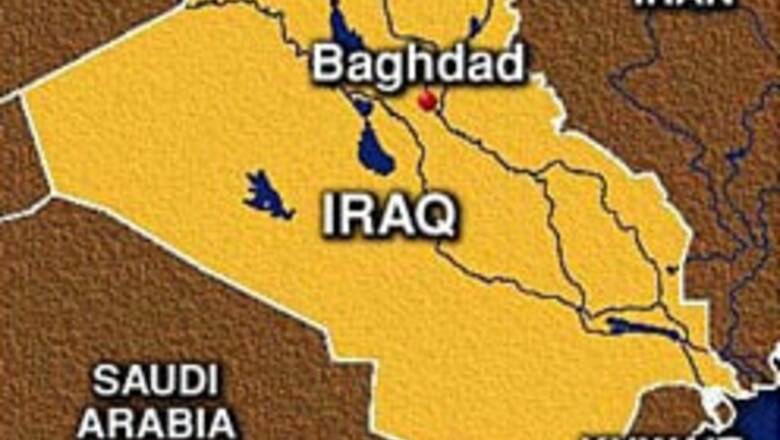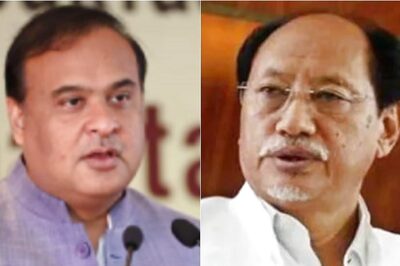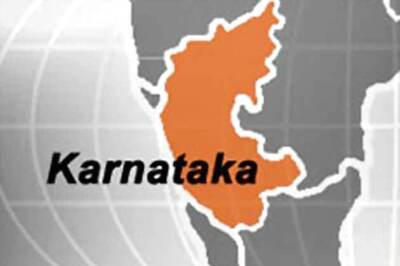
views
London: Britain will withdraw nearly half its troops in Iraq beginning next spring, Prime Minister Gordon Brown said on Monday, leaving a contingent of 2,500 soldiers in the highly unpopular war.
Brown told lawmakers the plan follows the success of the US troop increase this summer and efforts by Iraqis to drive suspected al-Qaida militants from havens in Anbar province west of Baghdad.
Brown said decisions on further cuts will be made once the reduction to 2,500 is complete, rejecting a call from Opposition lawmakers to set a timetable to withdraw all forces.
"We plan from next spring to reduce force numbers in southern Iraq to a figure of 2,500," Brown said in a statement to Parliament.
Britain is currently scaling back forces and by the year's end will have 4,500 troops based mainly at an air base camp on the fringe of the southern city of Basra.
The head of the security committee on the Basra city council, Hakim al-Miyahi, welcomed the decision.
"It is a good step because the withdrawal will be gradual and not abrupt. This means that we will have enough time to get our security forces ready to handle the security issue in Basra, and we expect this to happen in the next year. We hope that the British will continue their support in training and arming Iraqi forces."
Murtada Ali, 35, a taxi driver in Basra, said: "I think this withdrawal will improve the security in Basra. The presence of British forces in the province has complicated the situation. The lives of civilians are under constant danger when British forces come under attack."
Iraqi forces will take control of security in the larger Basra province within two months, ending Britain's combat role in the country, Brown said.
"The security gains made by the multinational forces this year have been significant," Brown said. "As important as improving security is building the capacity of the Iraqi forces so they can achieve our aim: that Iraqis step up and progressively take over security themselves."
British forces will move to an oversight role which will initially include securing key supply and transit routes from Kuwait to Baghdad, Brown said.
But from next spring, British troops will have only a limited role, focused on training and mentoring, he said.
About 500 British logistics and support staff will be moved outside Iraq, but within the Middle East region, to support the remaining troops, Brown said.
Brown also urged Iran and Syria to halt support for "terrorists and armed groups operating in Iraq," secure their borders and prevent finance reaching militia groups.
Britain's participation in the 2003 US-led invasion — and the continuing presence of troops in the country four years later — remains deeply unpopular. Poll show a majority want troops brought home, and the war was a major factor in reducing Prime Minister Tony Blair's parliamentary majority in the 2005 election.
On Monday more than 2,000 people marched from London's Trafalgar Square to Parliament to demand a complete withdrawal of British troops.
In all, 170 British troops have died in Iraq since the March 2003 invasion.
Brown visited Baghdad and Basra last Tuesday. At the time, he announced a cut of 1,000 troops by the year's end. But he was criticized for mischaracterising troop figures during the trip — counting an already completed withdrawal of 500 soldiers in the announcement that 1,000 troops would return.
Brown on Monday called for increased work by Iraqis to push political settlements, including the sharing of oil revenues.
"Our message to the government of Iraq — and to the leaders of all Iraq's communities and parties — is that they must make the long-term decisions needed to achieve reconciliation," Brown said.




















Comments
0 comment